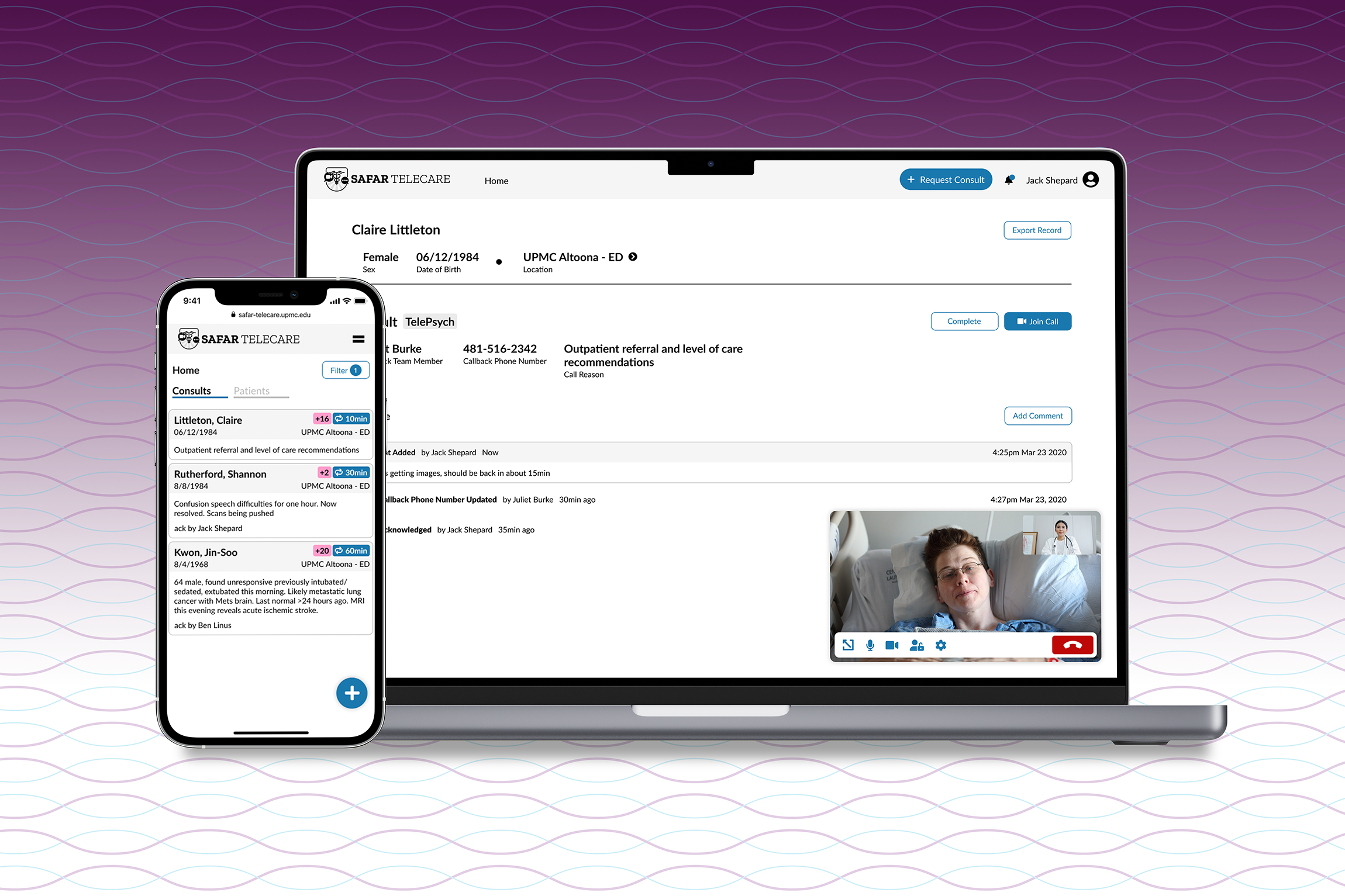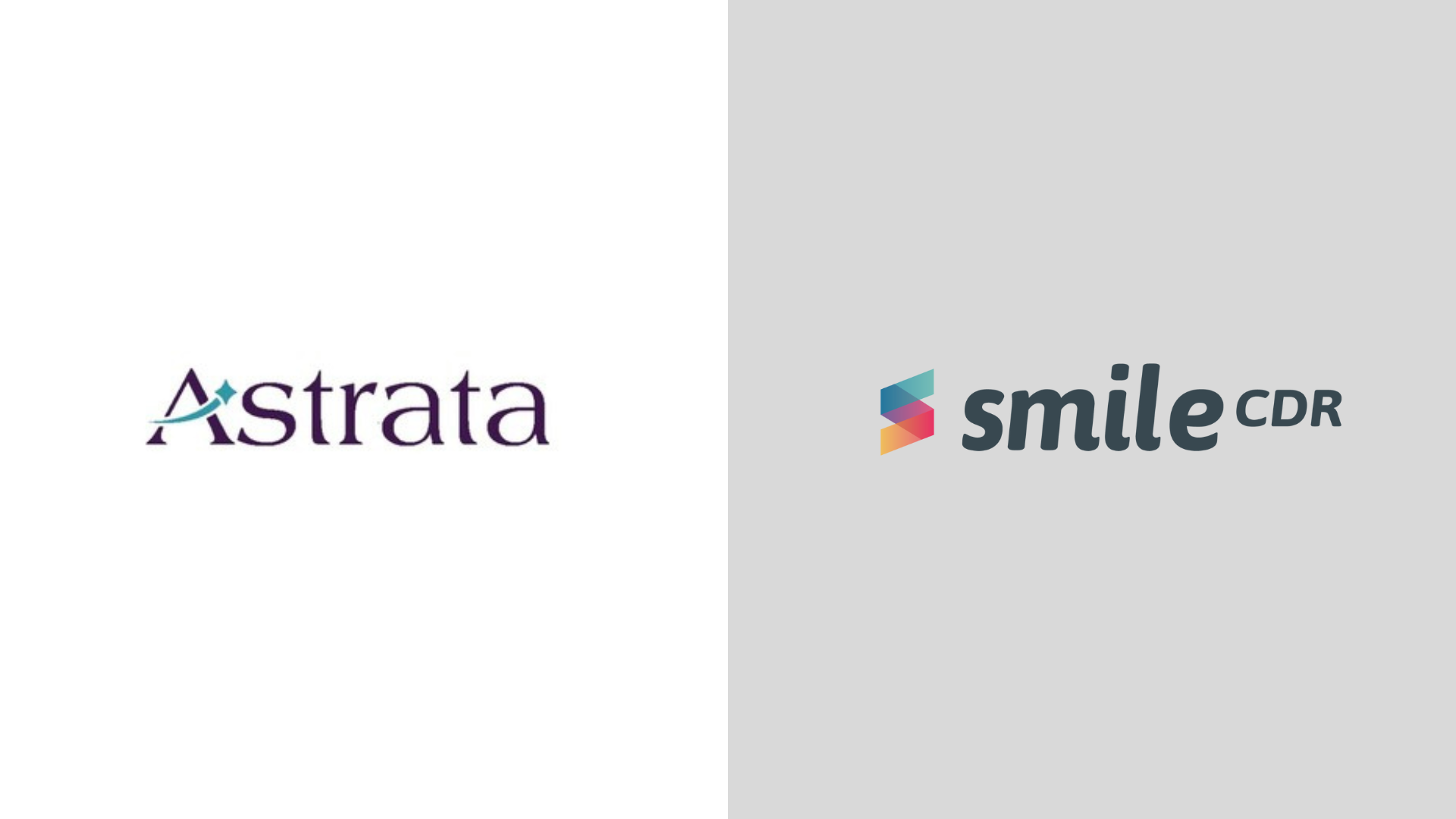
Web3 is the name some have given to the next generation of internet service that is built using decentralized blockchains, or distributed ledger technology — the shared ledger systems used by cryptocurrencies like Bitcoin and Ethereum as well as UPMC Enterprises portfolio company, Hashed Health, a health care venture studio that launches new business models enabled by blockchain and distributed ledger technologies.
Web3 can take many forms, including decentralized databases, social networks, DAOs (decentralized autonomous organizations) and NFT (non-fungible token) platforms that allow people to buy and sell fragments of digital culture (art, digital real estate, etc.). Some say that Web3 will has the potential to transform the internet as we know it, by upending traditional gatekeepers and ushering in a new, digital ecosystem that aligns incentives and addresses issues of trust and transparency.
But what does the ever-advancing state of Web3 mean for health care? Our friends at Tensility Venture Partners and our own Vice President of Digital Solutions, Nick Shapiro, contributed to an article examining challenges facing health care, and how these challenges could be well-suited for Web3 technology.
Read the full article over on the Tensility Venture Partners blog.


